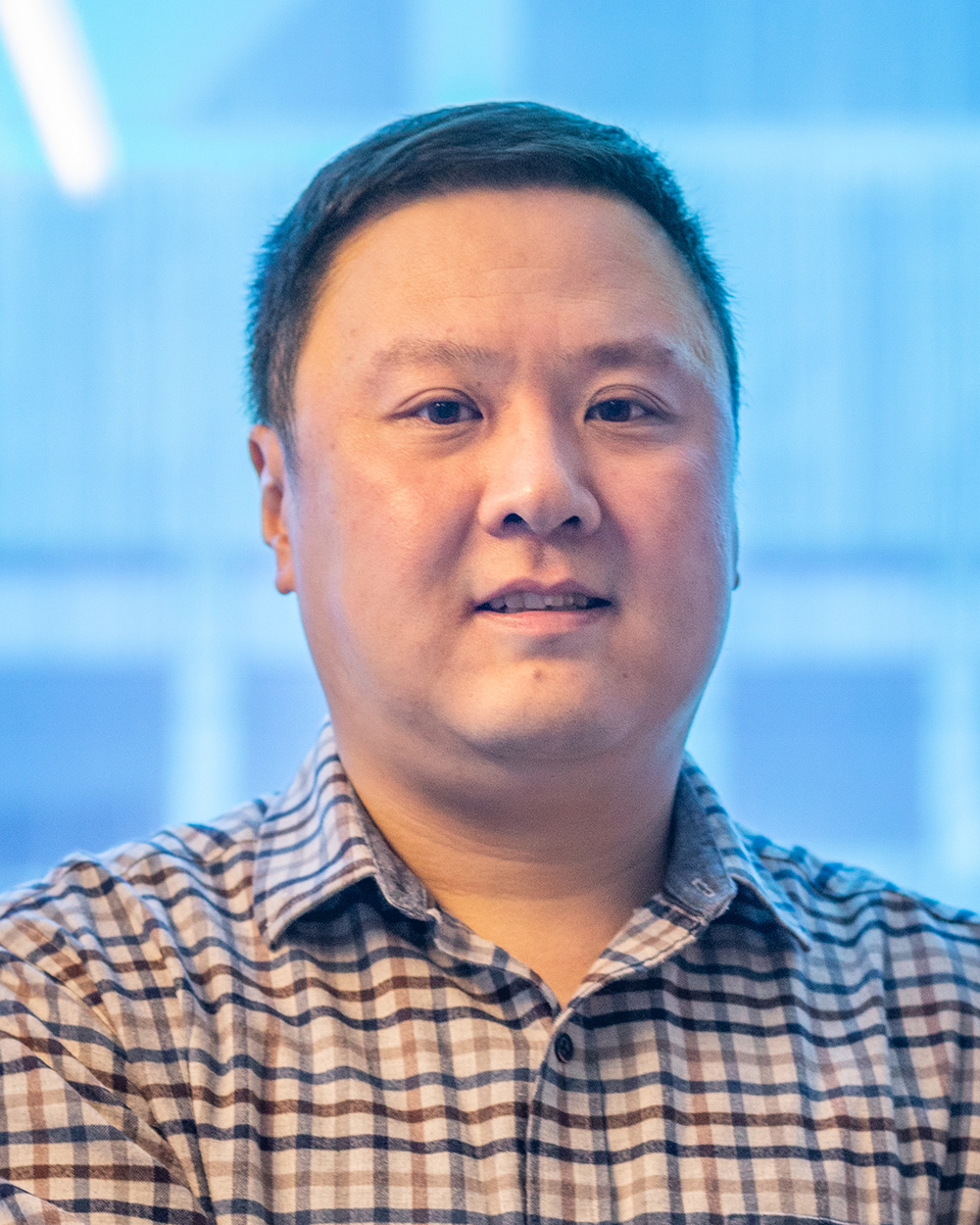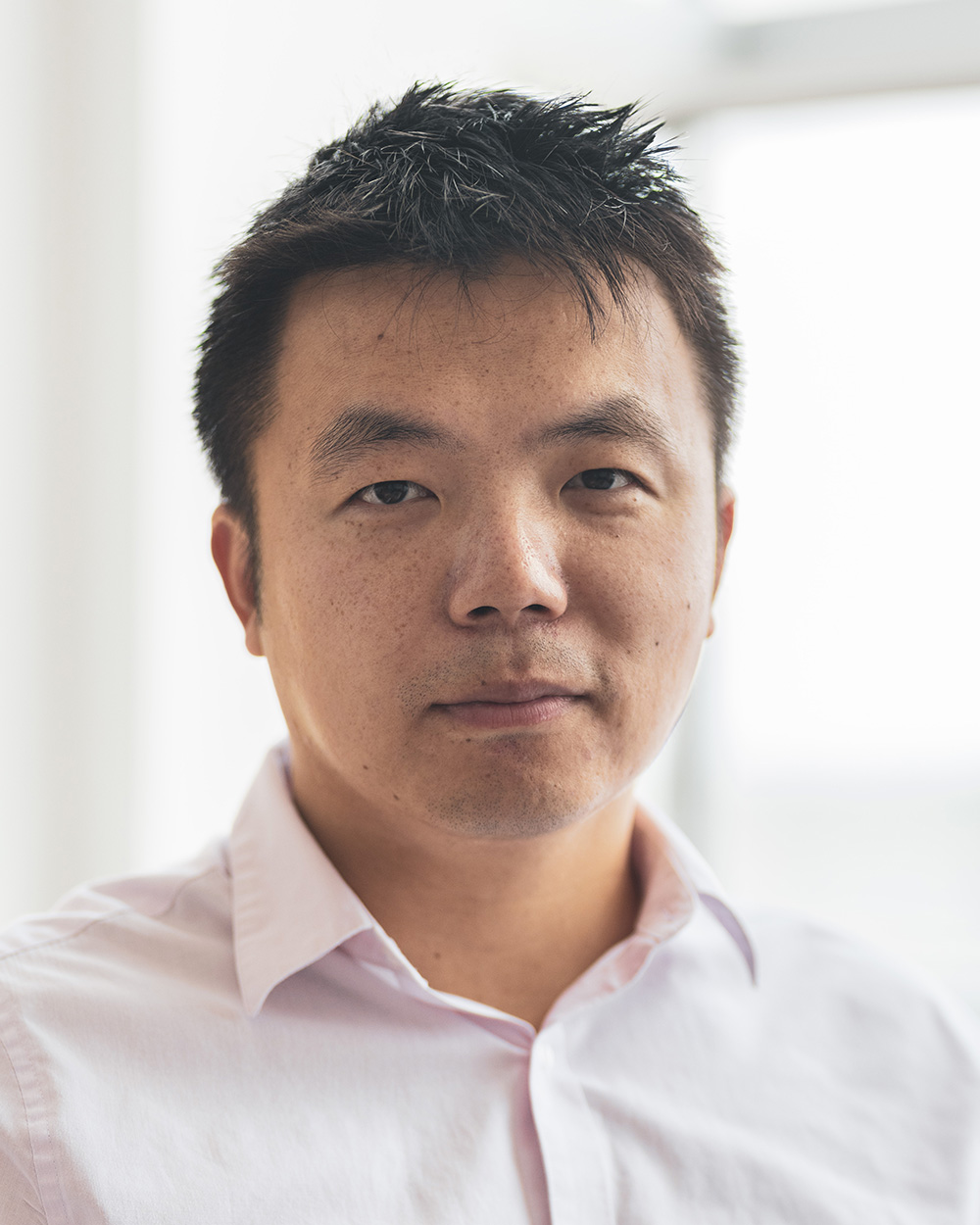Computer Scientists Dive into AI with New CAREER Award Projects
By: Kim Horner | Sept. 9, 2022

Two computer scientists in The University of Texas at Dallas’ Erik Jonsson School of Engineering and Computer Science have received National Science Foundation (NSF) Faculty Early Career Development Program (CAREER) awards to support research to detect online deception and improve automated software analysis.
Dr. Shuang Hao, assistant professor of computer science, will use his grant to research ways to detect deception — fabricated online content generated through artificial intelligence. Dr. Wei Yang, assistant professor of computer science, will develop artificial intelligence techniques to identify and analyze issues in software code.
NSF CAREER grants are the agency’s most prestigious award for early-career faculty who exemplify the role of teacher-scholar and are likely to become leaders in their fields. Each grant is approximately $500,000 over five years.

Hao’s research focuses on advancing techniques to detect and mitigate unwanted activities and online attacks in large-scale systems to improve security and usability of internet services.
Artificial intelligence techniques have been abused to create convincing images and audio and video hoaxes that have been shared online and used for a variety of purposes, including the creation of fake news, financial fraud and blackmail. Such content is difficult to recognize.
“Cybercriminals increasingly leverage AI-created content to deceive users,” said Hao, who joined UT Dallas in 2017. “Our goal is to develop effective detection approaches to protect internet users and counter potential deception on online services.”

Yang, who joined UTD in 2018, is an expert in software engineering and security.
A subset of artificial intelligence called deep learning increasingly is used to analyze the security of open-source software, a process that involves learning patterns in the computer code. However, existing technology lacks the ability to use logic, like humans can, to adapt to situations it has not been trained to handle.
Yang’s project aims to design a deep-learning framework that incorporates this aspect of human intelligence to better detect malware and protect software from cyberattacks.
“If one can somehow combine the best of the two worlds, many existing challenges will disappear,” Yang said. “In the long run, this project has the potential to fundamentally transform the learning-based techniques for code analysis in software engineering applications.”
Media Contact: Kim Horner, UT Dallas, 972-883-4463, kim.horner@utdallas.edu, or the Office of Media Relations, UT Dallas, (972) 883-2155, newscenter@utdallas.edu.





